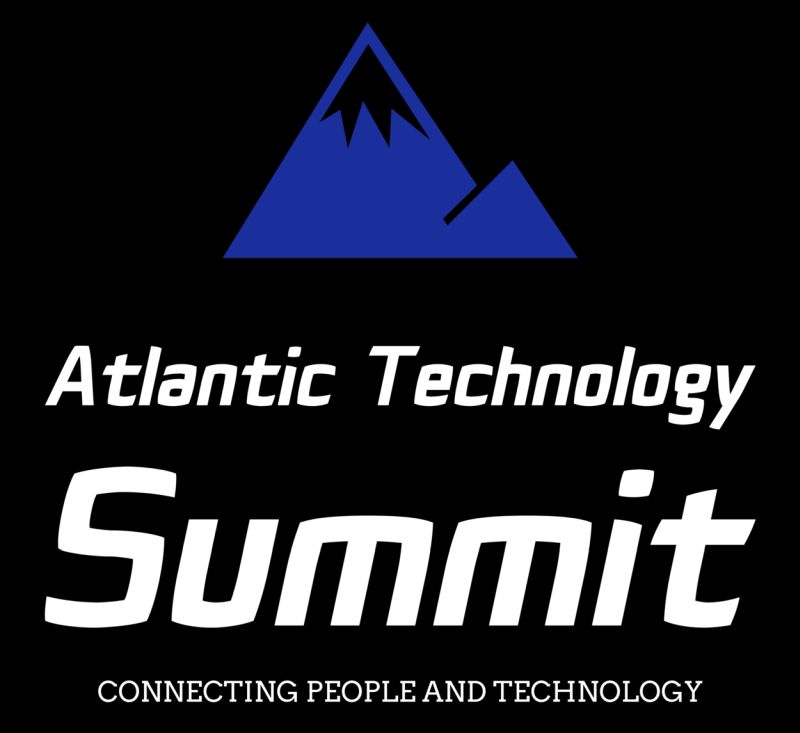Growing out of the crisis of the pandemic, Halifax-based Food for Thought Software Solutions, a company that provides stigma-free school meals to kids in need, is using its participation in a U.S. EdTech program to expand.
The 2023 Bi-Coastal EdTech Accelerator is a hybrid program that prepares Canadian companies to enter the American K-12 market.
Following six months of virtual workshops, mentorship, and market-entry prep, participants are invited to join a one-week b2b program in-market.
“We are building a strategy,” said Melissa MacMaster, CEO, who founded the company with her sister Shandra during the pandemic.
“The U.S. has been running school lunch programs for years, funded through each state. Each state operates very differently and we are getting a snapshot of the country.”
The company allows schoolchildren and parents to order a healthy meal online from the school cafeteria or restaurant and either pay for it or not, depending on their circumstances. Regardless of payment, each student receives a meal without feeling stigmatized.
On average, about 40 percent of meals are not paid for, and the anonymity of the program is key, said MacMaster, a mother of three, especially as Canada is the only G7 country without a national food program, and food insecurity is a growing problem.
Since launching in 2020, Food for Thought software has been used in 126 schools in Nova Scotia, P.E.I. and New Brunswick, with over 1 million lunches being ordered through the platform.
The sisters plan to expand across Canada later this year, and into the U.S. early in 2024.
In Canada, they have a handful of competitors, mainly in the West. MacMaster said their advantage is the user-friendliness of their software.
“Our software manages the entire process end to end with one single point of contact,” she said.
“We can launch a school program in less than 30 minutes so we can scale at a faster speed and work with a lot of schools.”
In the U.S. their initial focus is California. It’s a massive market, and the company will start in rural parts of the state so they can learn and refine their approach.
MacMaster said there are five companies in the U.S. that they consider direct competitors.
"However with such a large market consisting of 98,577 K-12 schools and 13,318 school districts, there is an opportunity for us. We feel very qualified entering the U.S market with our new refined product."
In February, they will go to Arizona and pitch to school districts attending a conference.
To date, the sisters have boot-strapped the company but they are now looking at raising $500,000.
“We didn’t need to raise money as we had cash flow from our customers, although we have received assistance from groups like ACOA and Invest NS,” MacMaster said.
“But we are now in a pre-seed round of half a million to develop our product, hire staff, and expand.”
The team is also working towards automating programs that capture child food insecurity data; a problem that feels ever more urgent.
“As it stands in Nova Scotia and many other provinces, we don’t have the proper tracking and visibility around how many students require a free lunch and we need a holistic view on how many students need that subsidy,” MacMaster said.








